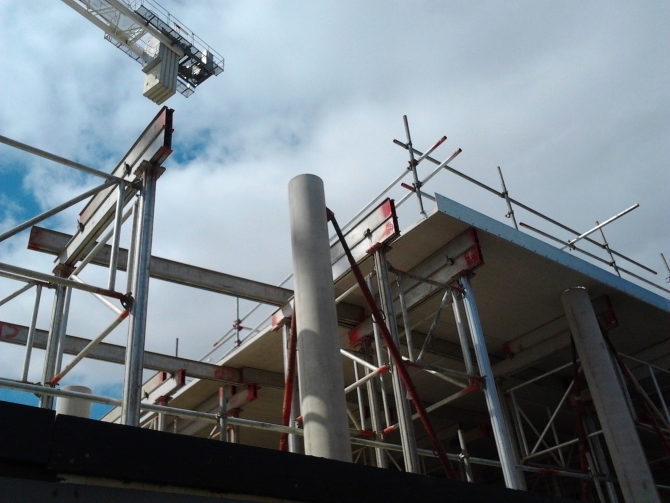The issue of business rates has been one of the most controversial topics within the commercial property market for the past several years with retailers, in particular, arguing that the rising cost of non-domestic rates has been one of the key reasons for the high street’s decline.

Despite Chancellor George Osborne taking steps to resolve the issue last December by capping future rates rises at 2 per cent, many still believe that not enough has been done to aid developers seeking to launch new projects – something which has been keenly felt in Milton Keynes.
According to local property firm Shakespeares, demand for good quality commercial property in the area has risen markedly in the past few months, with well fitted office and retail space and logistics warehouses particularly sought after. Yet while developers and owners of existing properties are being able to take advantage of this by lifting rents and imposing longer term contracts, the high cost of business rates is significantly damaging the prospect of speculative development.
Although empty property rate relief is now available for unoccupied newly-built commercial property (completed between 1 October 2013 and 30 September 2016) for a period of 18 months after construction, many believe more could be done.
Shakespeares partner and property law specialist, Kevin Nagle, believes the current climate in Milton Keynes holds both positives and negatives in terms of commercial property deals.
He says; “The balance of power in property deals in the region has started to shift in favour of the developer and in some instances there is a stand-off taking place, as end users learn that the terms on offer are less favourable than previously.
“Rent free periods had become a standard element of most commercial tenancy agreements, but this has now changed.
“Despite the changes, developers are not yet prepared to back speculative development and business rates are the main issue.”The root of the problem lies in the fact that, while rents remain fairly low in most areas of the country outside London (at least when compared to pre-recession levels), business rates are still at an historic high. Tempers flared even higher when the Institute of Fiscal Studies’ Green Budget report revealed that the Government’s proportion of the overall tax take increased from 3.9 per cent to 4.5 per cent last year – an increase which could have been spent tackling the impact business rates have had upon the commercial property sector.
Mr Nagle concludes; “It is shocking to find that instead of doing something to incentivise the commercial property sector during the economic downturn, the Government has actually been creaming off even more business rates payable on vacant properties.
“This is at odds with the Government’s claim that it wants to do something to encourage business investment and boost local economies.
“Developers could do with a boost and we would like to see a move to exempt all new commercial property schemes from business rates for a period of two years from the date of completion.”